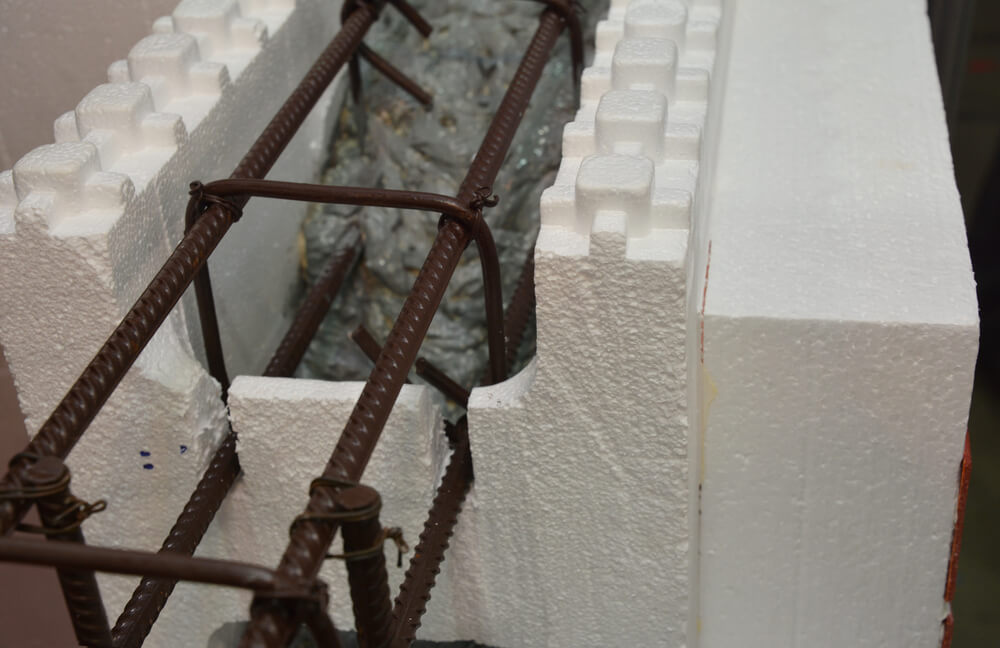Insulated concrete forms (ICF) are important pieces for concrete wall reinforcement. They help stabilize the interior temperatures of buildings, which can dramatically impact future energy costs. Insulated concrete forms also reduce outdoor sound pollution. Here is a thorough overview of ICF.
Origins
Insulated concrete forms were invented after the Second World War. Swiss engineers started using blocks of wood to hold cement walls together. Soon after, scientists started using plastic foam to help stabilize wiring and plumbing and improve insulation. Concrete walls were added between layers of insulation while keeping air flowing between the two walls. These strong systems are known for being energy efficient. You can use concrete forms to enhance multiple types of buildings. While the end result is a wider wall, the finish looks normal. Using insulated concrete forms gives you the opportunity to enhance the walls of any building or space.
Strengths
-
Durable Walls
Strong and durable walls are a strength of ICF construction projects. The concrete hardens and stabilizes the wall, which makes it less vulnerable to erosion and the possibility of damage during a natural disaster. Depending on the type of frame, insulated concrete forms will receive additional support from the connectors.
-
Efficiency
Insulated concrete forms can help reduce the heating and cooling costs of a building. The walls are much tighter and less likely to emit carbon dioxide. The layer of foam also reduces cold spots that occur in frame walls between insulation gaps and the studs, providing better insulation. ICF construction projects are eco-friendly.
-
Fewer Material Costs
By integrating insulated concrete forms with other parts of the construction process, you are using less concrete. Many of the blocks have already been assembled. This reduces the amount of thickness compared to other builds. You can enjoy substantial savings on materials and expenses.
-
Better Sound Control
Insulated concrete forms are a sound barrier. They help guard the interior of a building against outdoor noises. Combining a sturdy type of material like concrete with foam leads to improved sound quality as well as air flirtation and stable temperatures.
Potential Weaknesses
-
Not Completely Compatible with Cold Weather
While insulated concrete forms insulate heat, they are not always efficient at handling heat that transfers outside. The forms transfer heat out of the structure so that the outdoor conditions don’t impact the concrete curing process. This is why ICF is more compatible with tropical climates where things are cool during the day and warm at night.
-
Expense
If you don’t have the resources to install ICF, things can get expensive. If you don’t have the funds, you may have to explore staying with a conventional process. Insulated concrete forms require experienced contractors. If there aren’t any experienced workers in the area, you should consider going with another model.
-
Rebar
Rebar are steel wires that fit between grid seams and help reinforce the concrete. New types of insulated concrete forms include plastic connectors. The implementation of these plastic connectors eliminates the need for rebar. However, without rebar, ICF construction projects are prone to inconsistent structuring.
There are many advantages of using insulated concrete forms for your construction project, including reduced material costs, energy consumption, exterior noise, all while providing sturdy walls. Are you looking for an experienced construction company in the Bay Area? Contact the experts at Proforma Construction to learn more about how we can resolve all your construction needs. We are available at your service even during the pandemic.




